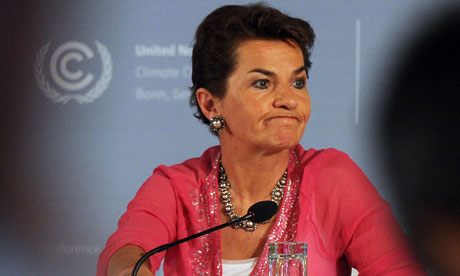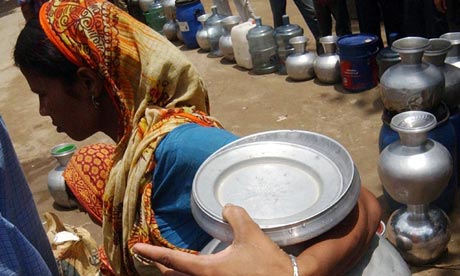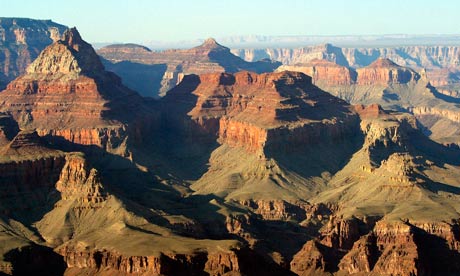 The latest round of international climate change talks commenced
today with the now perennial warning about the need for greater urgency
from governments as they battle to curb global greenhouse gas
emissions.
The latest round of international climate change talks commenced
today with the now perennial warning about the need for greater urgency
from governments as they battle to curb global greenhouse gas
emissions.Speaking at the opening of the annual week of talks, which are intended to lay the ground work for the UN's next major climate summit in Poland later this year, the head of





